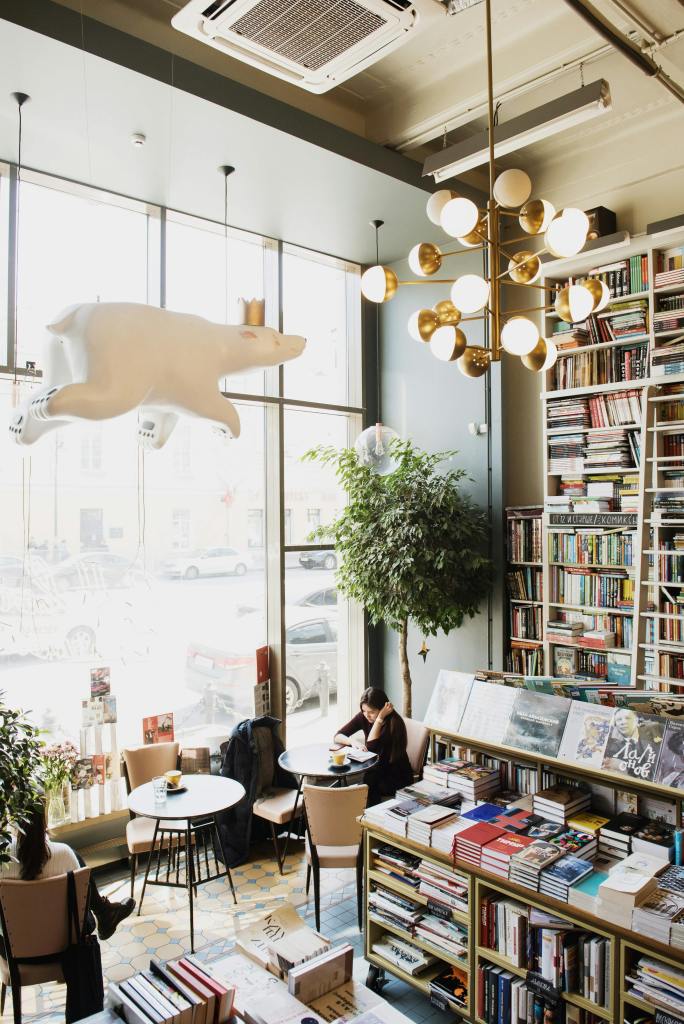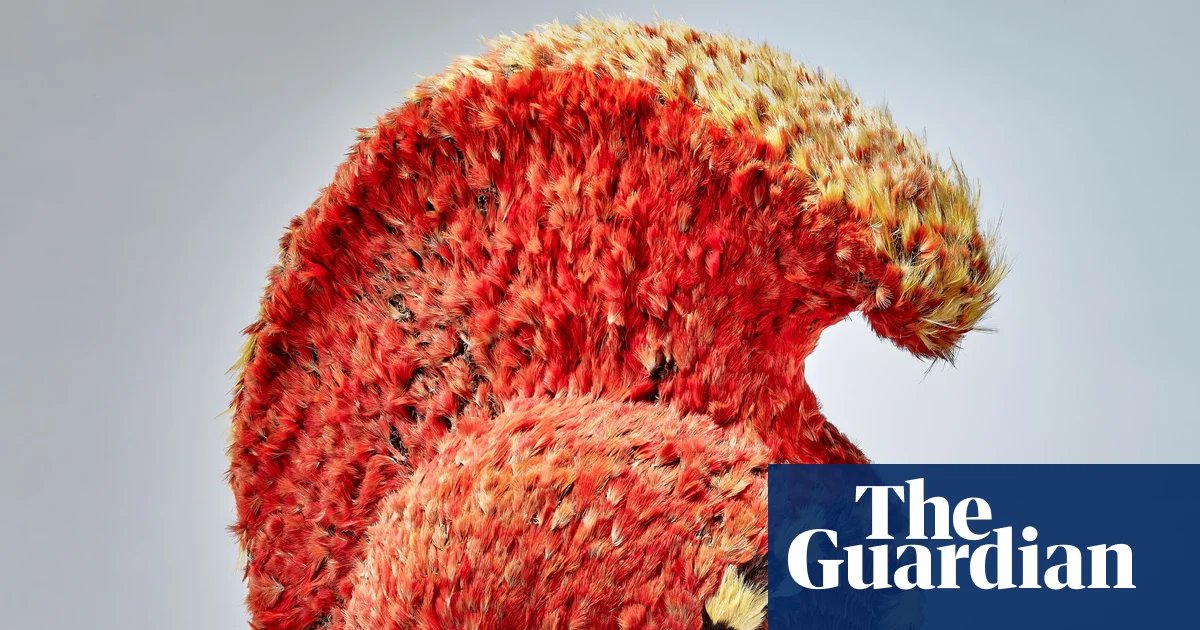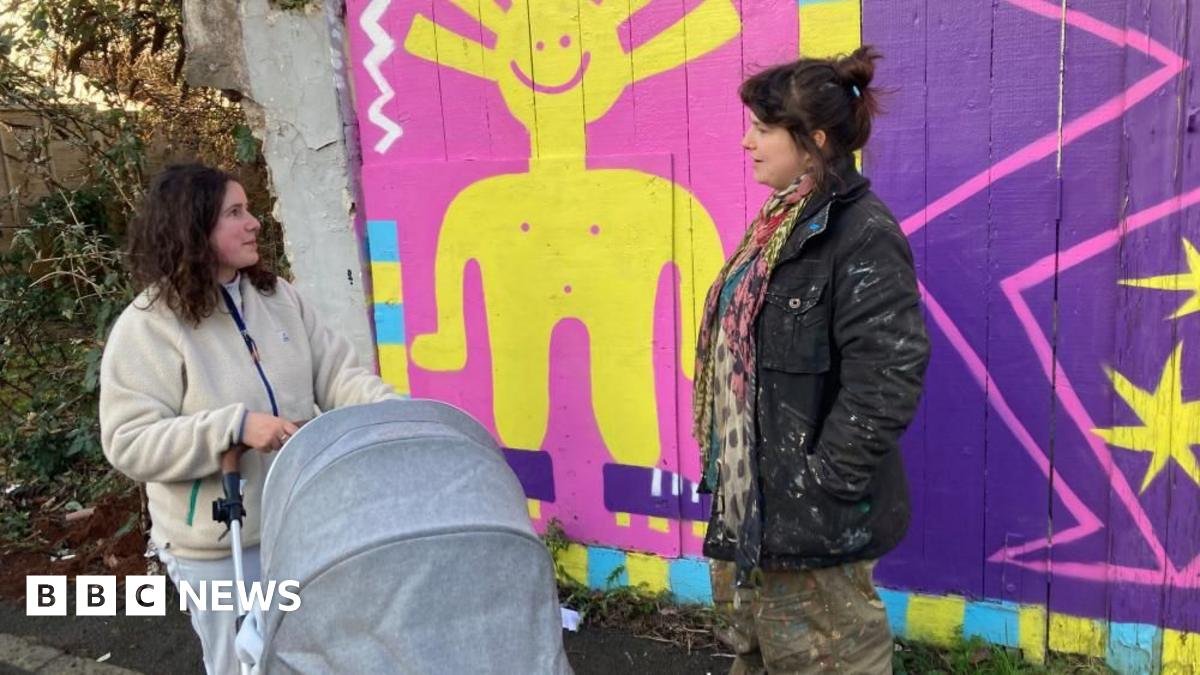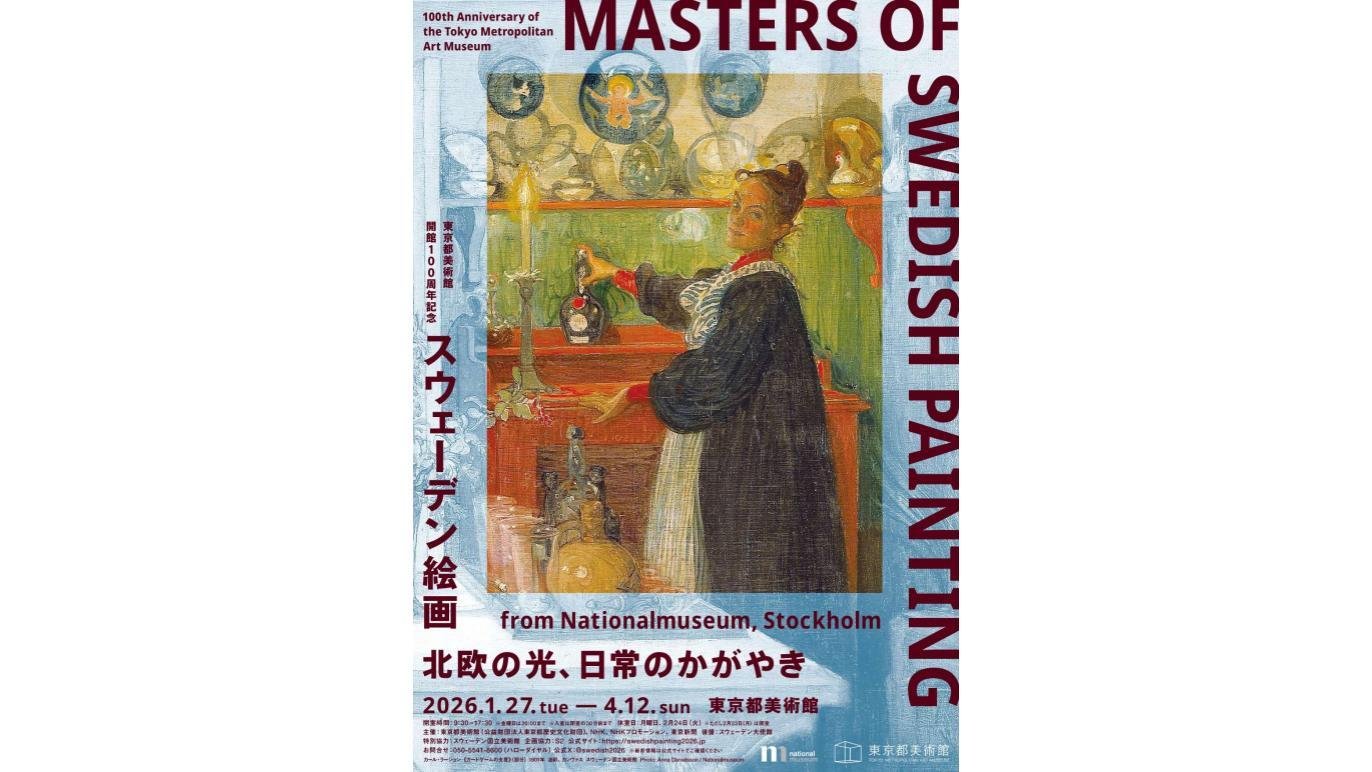In this FREE journey to creative recovery, we’re following Julia Cameron’s bestselling creativity self-help manual, The Artist’s Way, tracing the book’s 12-week program with a series of inspiring ArtsHub articles, resources and ideas for artist-date activities. There’s also a Facebook community group you can join for discussion and support.
To recap, the idea with The Artist’s Way is to commit yourself to a structured creative recovery that will spark joy, remove blocks and build the confidence to play and take risks – whether you’re a professional artist or not. The main tools of the course are Morning Pages and Artist Dates. You can read previous articles here:
Or you can jump right in and follow along, wherever you are in the process. Grab a copy of the book, start reading, and look out for ArtsHub’s weekly articles, published each Monday.
Keep up to date with The Artist’s Way series here
Week 5: Recovering a sense of possibility
For those who’ve been following along, we’ve had a week’s break from the The Artist’s Way program over Easter. We all needed a rest, some quiet time to catch up. And by ‘we’, I mean me.
It’s been an intense six weeks since we launched the program in February. Alongside my other day-job I’ve been scrambling to make time for Morning Pages and Artist Dates, and tracking the experience to share it. The other big thing I’ve been struggling with is making big structural edits to my novel, due back at the publisher’s in three weeks’ time. I’m going to need some miracles to pull it together, and I’m even tempted to pray!
Miracles are part of the theme of this week’s chapter, which is all about a sense of possibility, and the acknowledgement of a “higher power” – whether you call that “God”, “Source”, “Nature” or “Flow”. Whatever your spiritual beliefs, there’s no denying this mysterious thing beyond ourselves that calls us to create art, and seems to move through us when we’re in “the zone”.
‘Creativity is a spiritual issue,’ writes Julia Cameron. ‘Any progress is made by leaps of faith.’ It’s easy to resist or make fun of this “woo factor”. As Cameron writes, ‘Even after years of artistic recovery, I still have my cynical side that says, “Mmm.” It is as though we want to believe God can create subatomic structure, but is clueless when faced with how to aid or fix our painting, sculpture, writing [or] film.’
Self-limiting beliefs
Cameron says that one of the chief barriers to accepting the generosity of the universe (or God, or the creative force) is our limited notion of what we are able to accomplish. This is not to discount the importance of effort, work and time spent in the studio, but it emphasises how important it is to also look for big help and synchronicity outside ourselves.
I love Cameron’s advice to ‘pray to catch the bus, then run as fast as you can’. She says that, first of all, we must believe that we are allowed to catch the bus.
For many of us, it feels dangerous to even imagine catching the bus, to have big expectations. It’s dangerous, because we don’t want to be disappointed, or sound big-headed – especially in our culture, where tall poppies are routinely beheaded and underdogs are much easier to love. Dangerous, because what if we are wildly successful, and then more is asked of us than we have to give?
Scarcity mentality
Cameron also talks about scarcity mentality and miserly thinking. We imagine there is only a certain amount of luck or success to go around, and we don’t want to use it all up. I once had a friend who was convinced that any artistic or career success would mean failure in her love life – a belief that came from the very human tendency to look for patterns and predict the future. She knew this was superstitious nonsense, but that deep conviction about the pay-off was hard to shift.
The Artist’s Way asks us to examine what we believe about ourselves and what’s possible ‘for someone like me’, and see if that’s keeping us small, poor and creatively undernourished. Is it stopping us from experimenting, dreaming, trying something big? The Morning Pages and the Artist Dates are intended to kick-start this process of expansion.
Read: We need to talk about money in the arts
The virtue trap
Are you too nice? Is your niceness a form of faux spirituality, grounded in appearing good rather than being authentic? Cameron talks about how the need to appear unselfish can actually be self-destructive – a form of creative self-murder. Instead of claiming the necessary solitude and other resources we may require, we choose to show up for others and bear the martyr’s cross, which is the ultimate good excuse for never fulfilling your potential.
Respectability, maturity, service and generosity all have their place, but the artist’s life must have space for play and even occasional anarchy. Think of the “good” husband and father who dares to say, ‘I’d like a holiday on my own.’ Or the dutiful mother who’s brave enough to say, ‘This time I can’t make it to school concert because I have art class.’
Making such choices means letting go of the need for approval from others, and this is hard, especially if we’re really attached to that particular idea of ourselves as a “good person”.
Are you self-destructive? This week’s exercises ask us to consider what we might try if it wasn’t too crazy. We’re asked to experiment with the answers, even if we have no intention of following through, because even putting things into words allows us to consider the forbidden joys and extravagances that a more “selfish” artist may allow.
My journey with The Artist’s Way this week
Reading deprivation. Did you try it? Week 4 asked us to experiment with depriving ourselves of the written words of others, and notice what filled the gaps. It was all about changing the habit and making space.
I managed just four days without picking up a novel, poem or magazine. I missed it badly, especially right before bedtime. I noticed the way I craved it, and also found sneaky ways of cheating, like spending more time on social media (“for work”) and listening to podcasts, which I’d fully intended to forgo. On the upside, I listened to more music and let Spotify show me new artists.
Existing in silence without written words felt scary and lonely, but it also created more room for thinking about my novel. I read my own work back, seeing where it flagged. But I have to be honest, reading deprivation was an exercise in backsliding for me. I’d love to try it properly one day.
Another experiment this fortnight was around asking for help, and being open to serendipitous answers. When my ArtsHub colleague Gemma, who’s helping to run the project, suggested we skip a week for Easter – to let everyone catch their breath – it felt astonishing. My default belief: ‘I’ll just have to work on Good Friday to get it done.’ The relief of admitting exhaustion and taking a pause was huge.
Likewise, when my partner offered to walk the dog and make dinner so I could have more writing time, it actually took effort for me to accept. I was fighting a default attitude: ‘I want to hang out and have fun with you because that’s what you’d like.’
My Artist Date
My Artist Date was an hour browsing in my local bookstore – a welcome treat after Reading Deprivation. I let myself pick up whatever caught my eye, noticing book cover designs and blurbs, and thinking about how my own might look on the shelves. I’m in the process of choosing cover designs. It’s exciting, but also terrifying that it may be wrong.
But seeing the variety on the shelves, I recognised there is no right or wrong, just difference. Different books for different readers. I skimmed lots of first paragraphs, noticing how not every novel is desperate to seduce on the first page. Many skilled and confident authors trust the reader to have a little patience and live with a little mystery. I saw many titles by friends and colleagues, and felt grateful to know so many published writers because, when I was growing up, nobody I knew had ever written a book or had an article published. Artists encourage artists, and seeing it done by people you know really does help to expand the field of what’s possible – a useful reminder to look for your tribe. (I bought a book too, the beautiful Stella-shortlisted memoir, The Swift Dark Tide by Katia Ariel – even though there’s no time to read it this month.)

Easter treats
Over Easter, I was notified that the ArtsHub Artist’s Way Facebook community group had passed 400 members. This seemed like a small miracle – to think that just a few months ago, the whole project was a fragile idea and I was afraid that nobody would be interested. Right at the start, our social media manager Amy had said I should post some video content, but I’d felt too shy. Buoyed by the win (and maybe too much Easter caffeine) I took my camera out, got brave and made a little message.
Next time, Week 6: Recovering a sense of abundance, we will tackle the major creative block of money. This one’s big and it really might change your life. In the meantime, remember you’re allowed to create, and what’s good for you, is probably good for the world too.
Some Artist Date ideas
Here are a few more suggestions from our community if you’re finding it hard to think of Artist Dates.
- Gallery exhibitions – try to go when the artists are there giving talks about their work
- Self-guided history walking tours
- See a play
- Watch some live music at a local pub
- Take a walk through a plant nursery just for fun
- Listen to a whole album by one newly discovered artist (who did you last Shazam?)
- See a comedy show – if you’re in Melbourne the Comedy Festival is in full swing until 21 April
- Walk in your garden or a park – look at all the colours/shapes/textures that nature/the creator has provided and ask yourself if you can you provide the same in your artwork, or express how looking at this makes you feel
- Take a random bus or train ride
- Paint by numbers or paint some rocks and leave them on public pathways
- Build some LEGO
- Go through your phone and make an album of last year’s photographs
Other resources
- Follow Amy McNee on Instagram at @Inspiredtowrite. This is a space for all who create and is full of reassuring, encouraging and inspiring advice.
- Check out ArtsHub Events listings with options in all states – activities including art exhibitions, theatre, dance, writing festivals.
- Visit ArtsHub‘s The Artist’s Way Community Facebook group to share your journey, connect with others and ask questions. We’d love to hear from you.







